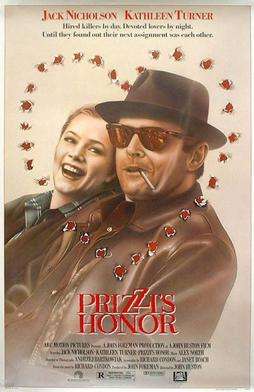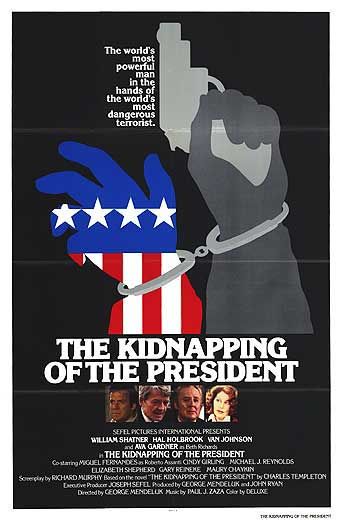 After meeting a talent agent while spending a night in jail, aspiring singer J.D. (Jesse Turner) and his best friend, The Salt Flat Kid (Dennis Fimple), decide to leave Texas for Nashville. J.D. wants to be a star and the Salt Flat Kid is a ventriloquist who doesn’t go anywhere without his dummy.
After meeting a talent agent while spending a night in jail, aspiring singer J.D. (Jesse Turner) and his best friend, The Salt Flat Kid (Dennis Fimple), decide to leave Texas for Nashville. J.D. wants to be a star and the Salt Flat Kid is a ventriloquist who doesn’t go anywhere without his dummy.
On the way to the Grand Old Opry, they pick up two women (Dianne Sherrill and Marcia Barkin), one of whom was engaged to marry the idiot nephew (Gailard Sartain) of Nashville’s Sheriff Leddy (Slim Pickens). The sheriff sets out after the two men, planning on sending them back to Texas.
Despite the title and the subplot about the sheriff searching for his nephew’s former future wife, Smokey and the Good Time Outlaws doesn’t have much in common with Smokey and the Bandit. J.D. has a Burt Reynolds-style mustache but he’s not a bandit. He is just someone who wants to be a star and most of the movie is about him and the Salt Flat Kid tying to make their way onto the stage of the Grand Old Opry. Helping them out is an eccentric woman named Marcie (who is played by Hope Summers, who older viewers will immediately recognize as having been Clara Edwards on The Andy Griffith Show). When J.D. can’t get an audition, it occurs to him to just rush out on stage and start performing.
This film was a dream project for Jesse Turner, who was a real-life country musician. He co-wrote and produced the film, as well as starred in it. Jesse Turner wasn’t much of an actor but he’s surrounded by a good supporting cast. Slim Pickens steals the show as a more menacing version of Buford T. Justice but he’s not in the film nearly enough. Dennis Fimple is likable but appears to be too old to be known as “the Kid.” You can tell this is a movie because no one is creeped out by the Kid’s ventriloquist dummy.
Smokey and the Good Time Outlaws was made for the Southern drive-in circuit and it is good-natured, even if the story is never that interesting. Country music fans of a certain age will appreciate it.



